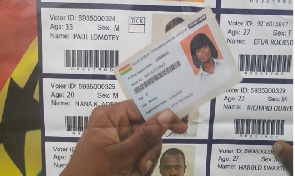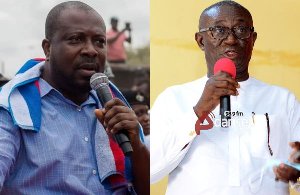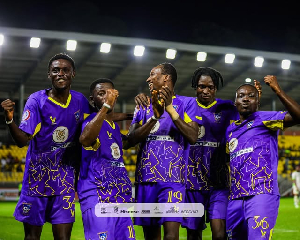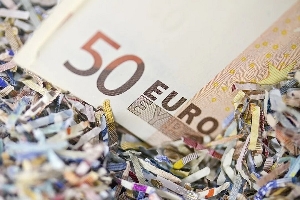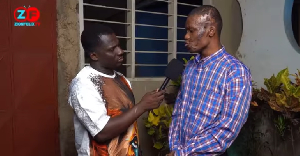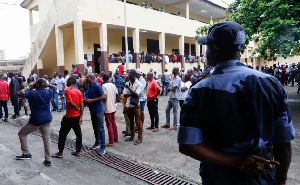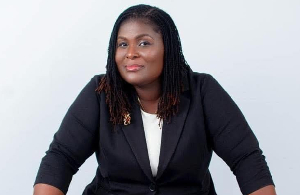Politics around the globe today is facing a backlash that undermines the concept of democracy because some men and women in positions of power tend to believe that life, as we all know it, revolves solely around them.
The year Donald Trump took office marked the emergence of existing cracks in democracy, as he used his position to attack what many considered credible media, labeling them as FAKE NEWS. Even mighty CNN was dismissed by the Trump Administration, leading people worldwide to lose respect for the media outlet.
Fast forward to 2024, Ghana is also experiencing a breakdown in media integrity due to disinformation and a lack of credible journalism across various media outlets in the country.
Since 2017, no media house in Ghana has consistently pursued stories to provide solutions or equip Ghanaians with real-time knowledge of government activities that should be improving lives, rather than causing harm as witnessed in recent months.
Over the past seven years, it has become widely known that many journalists in the country would rather mislead the public for personal gain than inform them to enhance productivity. This phenomenon is exacerbated by politicians paying journalists not to report on issues detrimental to the government's image.
Ghana has seen an unprecedented rise in attacks on journalists by political party operatives, attributed to journalists' lack of accountability in following stories through to a resolution where legal consequences are implemented, thus deterring others.
As Ghanaians head to the polls on December 7th, 2024, journalists across the media landscape have failed to hold politicians accountable for their actions and statements.
Consequently, Ghanaians today are inundated with lies propagated by the gatekeepers of information, causing them to believe falsehoods over truths. Ghana is worse off today, and whoever wins the 2024 elections faces the daunting task of shifting the national mentality from hypocrisy to truth and accountability.
The ruling party, with its slogan "It is possible," cannot bring about the necessary change while entrenched in a pattern of misleading its own people and the world with false statements. Examples include refusing to acknowledge the persistent power outages (DUMSOR), misrepresenting adjustments to Free Senior High School (SHS) policies, and overseeing the highest unemployment and cost of living in Ghana's history.
Many Ghanaian youth today advocate for the abolition of churches, which have strayed from their role of rebuking wrongdoing and upholding integrity standards to becoming political arenas where falsehoods are peddled, while supposed men of God applaud the hypocrisy.
In these challenging times, God help Ghana and its people. Let us vote wisely, as many of us in the diaspora believe that change is possible. Ghanaians can stand against hypocrisy and lies, paving the way for a better future.
Opinions of Monday, 17 June 2024
Columnist: Albert Dodoo

